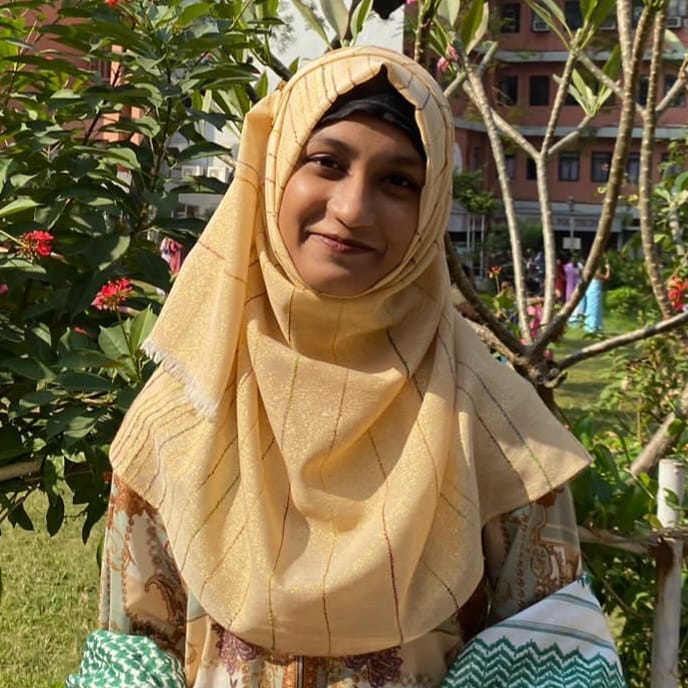Living in the Shadows: Mental Health Concerns of Domestic Workers in India

Manasi Manoj
May 16 , 2024

Underneath the industrious streets and the ones deep in the pockets of India is a community of poor workers who never cease to work to improve their families' living standards. While domestic workers undoubtedly are and should be credited with significant socio-economic contributions, they are most often working in low-profile environments, thus facing a multitude of daily psychological and general health challenges. This blog aims to help break the general perception that domestic workers in India have mental health problems and urges them to support this mistreated group more.
The Invisible Struggle
Domestic workers are undoubtedly a crucial part of the economy, including cleaning, cooking, caring for kids, and supporting older people properly. Nonetheless, their job is underpaid and undervalued, and many stop at handling exploitative working conditions, long hours, and indecisive job security. The incomprehensibility of their job only complicates the feelings of being remote and disempowered, further resulting in significant psychological problems.
Financial Instability and Stress

Photo by Alexander Grey Team on Unsplash
Financial instability is a universally accepted concern among domestic workers who hardly get a decent wage to satisfy the essentials. Unstable employment and the unavailability of social security provide ever-repeated opportunities for operating a cycle of economic insecurity and stress. A set of them, domestic workers, exists with tremendous fear upon their shoulders of being replaced each time. Maybe that fear increases further their feelings of helplessness and anxiety.
Social Stigma and Discrimination
Domestic work is often considered a menial job and an inferior profession. Thus, individuals who are involved in this sector suffer stigmatization and discrimination. Modest workers exposed themselves to the verb and the open bias from society, making them devastated with self-hate and insecurity. The absence of value attributed to their intrinsic and extrinsic roles in the households and society increases their already marginalized position; this only serves to prevent them from having access to well-needed support and resources for mental health.
Physical and Emotional Exhaustion

Photo by Mitchell Hollander Team on Unsplash
The extreme conditions at the workplace drain workers' health, and many have to go all day without even short breaks, exhausted. Lots of people say that they get tired all the time, and they experience muscle pains and exhaustion, too, which can give the impression that they are "out of steam" and feel depressed. The psychological performance that comes with the task of addressing others' needs, which entails neglecting the self, further adds to their burden.
Limited Access to Mental Health Services
With limited access to mental health services as well as support as a norm in the country, despite their struggle with mental health issues, domestic workers in India find themselves in this situation. Limitation like wealth, inadequate knowledge and tribal mentality bars many people from seeking assistance for their mental illness problems and issues. Furthermore, the informal and transitional style of their employment poses obstacles to claiming benefits or insurance coverage offered by employers for such health care.
Promoting Mental Health Equity

Photo by Ümit Bulut Team on Unsplash
Providing mental well-being resources for domestic workers in India is done through a multi-pronged strategy that deals with structural inequalities and promotes economic and social empowerment. Policies, including but not limited to fair payment, steady employment, and labour protection, provide the necessary conditions for a healthier life for domestic workers. Also, efforts to enhance information dissemination, model prevention, and facilitate culturally sensitive mental health services for the underserved are constructive measures that can close the health equity gap.
Indian domestic workers have to fight in the dark, going through a collection of problems that subsequently affect their mental health and general well-being. Regardless of their not-much-recognised role in society, it is essential to recognise their immense work and to work out the systemic inequities that lead them to be marginalised. To advance this group's economic and social well-being, create awareness among all members of society, and give them adequate access to mental health services, a just and equitable society is possible where all individuals, including domestic workers, can thrive.
Note: Heart It Out offers frequent therapy sessions to help reduce people's distress. Feel free to visit our website to speak with one of our licenced therapists or other health professionals. You can also schedule an online or offline session with one of our psychotherapists in Bangalore.
Keep Reading
Started reading,
found my glow!
New blogs dropping soon – Sign up!
© EmbraceWell. All rights reserved


























